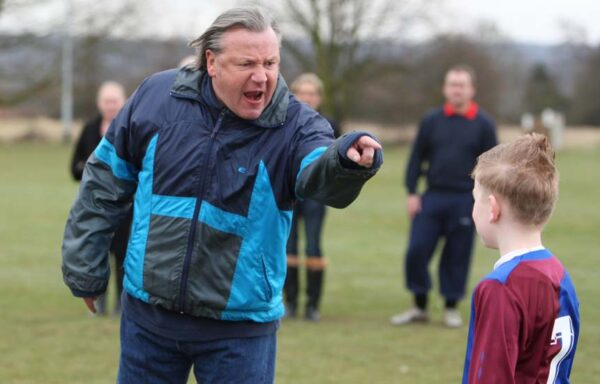
Parents are getting their children involved in playing sports more than ever before. Increasingly, young people are playing organized sports not only in school but through park districts and sport camps. Parents love the many life lessons that can be taught through sport‘s participation such as learning team work, responsibility, and being physically active.
However, 51% of youth athletes quit organized sport by the age of 15 years of age. Researchers are finding that some sports environments are linked to mental health problems for athletes, and these problems are pushing young people out of sports or it is making playing sports a less enjoyable experience.
When issues present themselves off the playing field, parents may want to ask, “Is it time to get help outside the lines or do we need professional help for our athlete?” Coming to this realization can be very scary for parents. The worry of not knowing what to do or how to help your child can be an uncomfortable place for parents to be in.
We get treated for colds, flu, sprained knees and ankles why not take the same approach when needing treatment for anxiety, depression, and adjustment issues, etc. All of these ailments must be treated by professionals. Parents should not allow fear or stigma to hinder their willingness to get help for a love one who is hurting.
The first risk factor I will focus on as part of a five part series is athletic stress.
Three Types of Stress:
• Traumatic stress is when a major event occurs. An unexpected death or a major accident. In sports it could mean a loss of position on the team or a major injury interrupting playing.
• Stress that is brought on by a sudden negative change. A divorce, job loss or a move. In sports it could be a change of position, losing a starting position or getting a starting position.
• Routine Stress or Sports Stress is related to the pressure of daily responsibilities. Some stressors could be the balancing act of school and sport, high intense practices, game day situations, parents over involvement or coaches win at any cost attitude.
Athletic Stress Management Tips:
• Seek a qualified mental health professional that understands athlete related issues.
• Get treatment for physical health problems.
• Recognize signs of stress in the body, such as changes in sleeping, low energy, mood changes, easily irritated or angry, behavior problems in school and use or increased use of alcohol and other substances.
• Have some family time when you do not talk about sports. Being an athlete can encompass a lot of a young person’s time. Make an effort to have other conversations other than sports.
• Focus on positives in the game not mistakes.
• When mistakes happen during a game parents should to be supportive not critical.
• Create a supportive environment on and off the field.
• Parents must manage their own behavior and attitude before, during and after the game.
• Remember to laugh and have fun.
• Stay encouraging and positive.
With all stress there are both physical and mental health risks; symptoms to look for are headaches, lack of sleep, depressed mood, anger and irritability. Continued exposure to stressors can lead to other health problems such as depression, anxiety, high blood pressure and diabetes.
Often times, we overlook the effects sports can have on athletes of all ages, but parents must ensure sure they are caring for both the physical and mental needs of their children who play sports.













